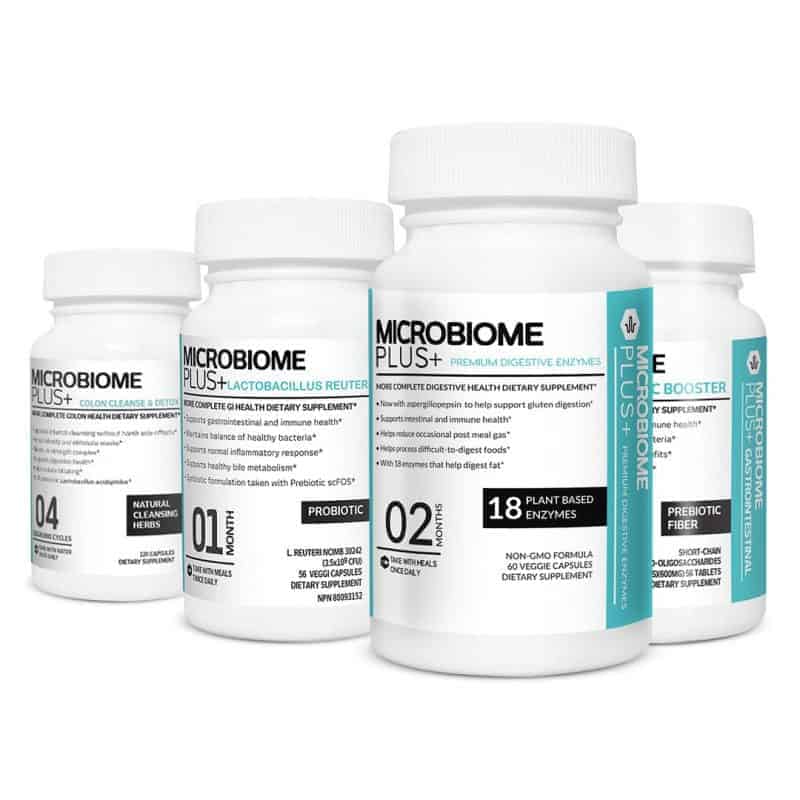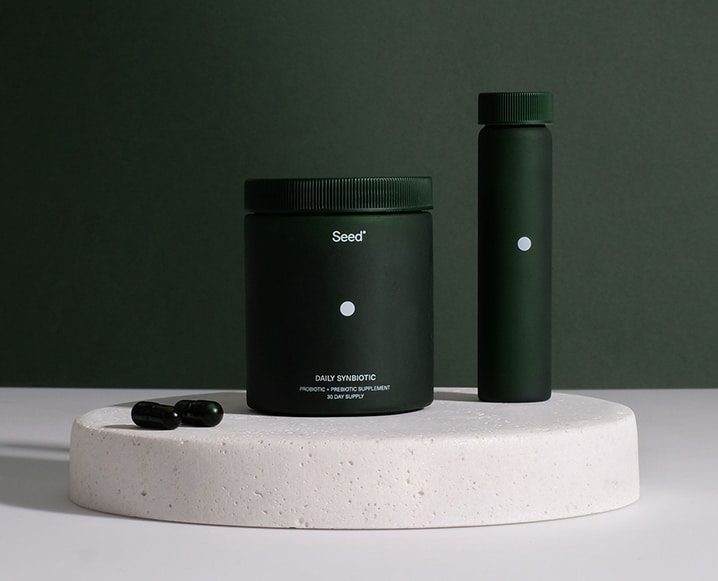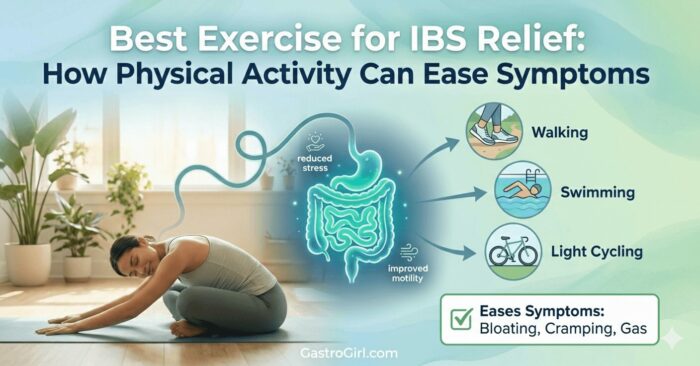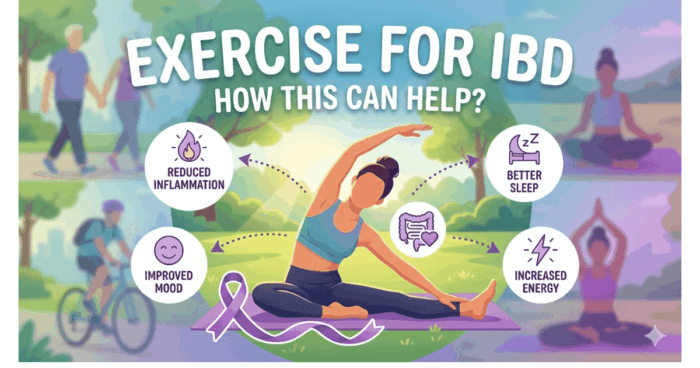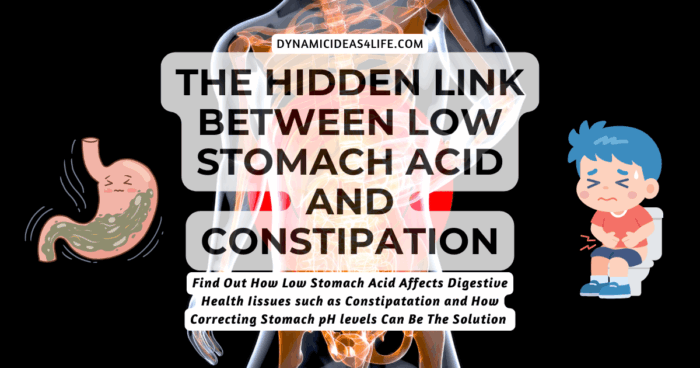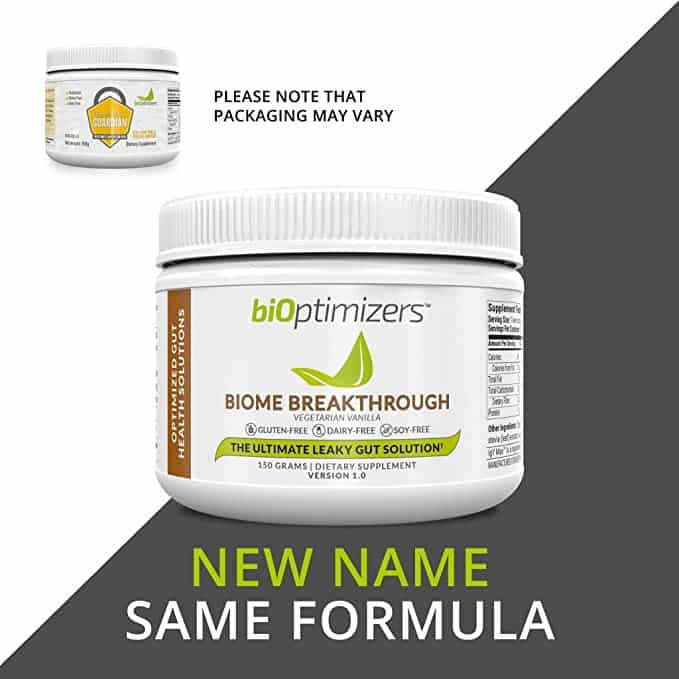Probiotics are beneficial bacteria that live in the gut and play a vital role in maintaining overall health and well-being. They can help to boost the immune system, improve digestion, and reduce the risk of chronic diseases.
With so many options available, it can be overwhelming to choose the right probiotic for you. This page will provide information on the benefits of probiotics, the different types available, and tips on how to choose the best probiotic for your specific needs.
By the end of this page, you will have a better understanding of the importance of probiotics and how they can improve your health.
Check out this list of articles below to learn more about how Improving Digestive Health and Probiotics can help you become more healthy
*Please note I have not written all of these articles yet but the ones I have finished you will see highlighted…
- Probiotics for Weight Loss
- Probiotics for Stress and Anxiety
- Probiotics for Heart Health
- Probiotics For Auto Immune Disorders
- Probiotics for Women Over 50
- Probiotics For Seniors
- Main Health Benefits of Probiotics
- Can Probiotics Have Negative Side Effects
- What Are The Best Probiotic Foods?
- What Is Prebiotic Fiber?
- What Are Probiotics Good for FAQs

Now, these are the main topics I would say but also the other thing is…
What Health Conditions Can Probiotics Help Treat
Some of the main gut health issues to consider are;
- Bloating and Gas
- Acid Reflux
- Leaky Gut Syndrome
- Constipation
- Irritable Bowel Syndrome
- Diarrhea
- Gluten Digestion
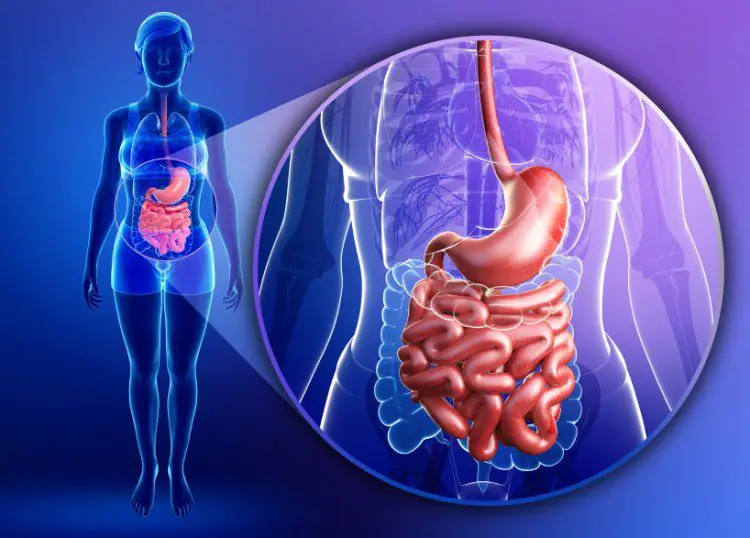
Besides these better known health conditions some others to consider are as follows;
Probiotic Supplement Reviews
- Biotimizers P3-OM
- Seed Daily Synbiotic
- Microbiome Plus+
- Organic Super Fiber
- Leaky Gut Guardian
- Biofit
Probiotics Might Help With Oral Health.
One of the main ways probiotics improve oral health is by reducing the amount of plaque on teeth. Plaque is a sticky film of bacteria that forms on teeth and can lead to tooth decay and gum disease if not removed. Probiotics have been shown to reduce the amount of plaque on teeth by competing with harmful bacteria for space and nutrients. This can help to keep the mouth clean and healthy.
Probiotics also have anti-inflammatory properties, which can help to reduce inflammation in the gums and improve the health of the gums. They can also help to reduce the severity of gingivitis, which is a common condition that causes inflammation and bleeding of the gums.
Probiotics can also help to freshen breath by reducing the amount of odor-causing bacteria in the mouth. By balancing the microflora in the mouth, probiotics can help to reduce bad breath and improve overall oral hygiene.
It’s worth to note that probiotics alone won’t replace the regular dental check-up and cleaning, they can be used as a complementary approach to improve overall oral health.
However still It’s important to speak with your dental care professional to determine if probiotics are appropriate for your oral healthcare needs or not.
Probiotics May Ease Allergies
Probiotics have been shown to have a positive impact on allergies, as they play a key role in regulating the immune system. The immune system is responsible for identifying and responding to harmful pathogens, and an imbalance in the gut microbiome can lead to an overactive immune response, resulting in allergies.
Probiotics can help to reduce the symptoms of allergies by regulating the immune system and reducing inflammation. They have been shown to improve the balance of gut bacteria, which can help to reduce the production of inflammatory molecules that can trigger allergic reactions.
Probiotics can also help to reduce the risk of developing allergies in the first place, by strengthening the immune system and increasing the production of antibodies that can neutralize allergens.
Probiotics Might Help Prevent Lung Infections
Probiotics have been shown to have a positive impact on lung health and can help to prevent lung infections by strengthening the immune system. The gut microbiome plays a key role in regulating the immune system, and an imbalance in gut bacteria can lead to a weakened immune response, making individuals more susceptible to lung infections.
Besides this Probiotics can help to prevent lung infections by increasing the production of antibodies and white blood cells, which are responsible for fighting off harmful pathogens.
They also have anti-inflammatory properties, which can help to reduce inflammation in the lungs and improve overall lung health.
Plus Probiotics have also been shown to be particularly effective in preventing respiratory tract infections such as pneumonia and bronchitis. Studies have shown that individuals who take probiotics regularly have a lower incidence of these types of infections.
Probiotics May Be Good For Acne
Probiotics have been shown to have a positive impact on skin health and can help to treat acne by regulating the immune system and improving the balance of gut bacteria. Acne is a common skin condition that is caused by an overproduction of oil and an overgrowth of certain bacteria on the skin.
Taking Probiotics can help to reduce the symptoms of acne by regulating the immune system and reducing inflammation. They have been shown to improve the balance of gut bacteria, which can help to reduce the production of inflammatory molecules that can trigger acne.
As well Probiotics have been shown to be particularly effective in treating inflammatory acne, which is a type of acne characterized by red, swollen, and painful pimples. Probiotics here have been shown to reduce the severity of inflammatory acne by reducing inflammation and improving the balance of gut bacteria.
Also, Probiotics can also help to prevent the formation of new acne by reducing the overgrowth of certain bacteria on the skin. Studies have shown that individuals who take probiotics regularly have a lower incidence of acne.
It’s worth to note that probiotics alone may not fully treat acne, they can be used as a complementary approach to improve overall skin health. It’s important to speak with your healthcare professional before starting probiotics, especially if you are taking any medication for acne or have a history of allergies or sensitivities.
Our Top 2 Recommended Probiotic Supplements
